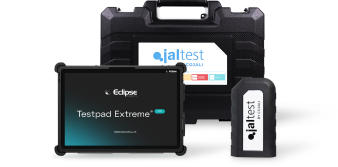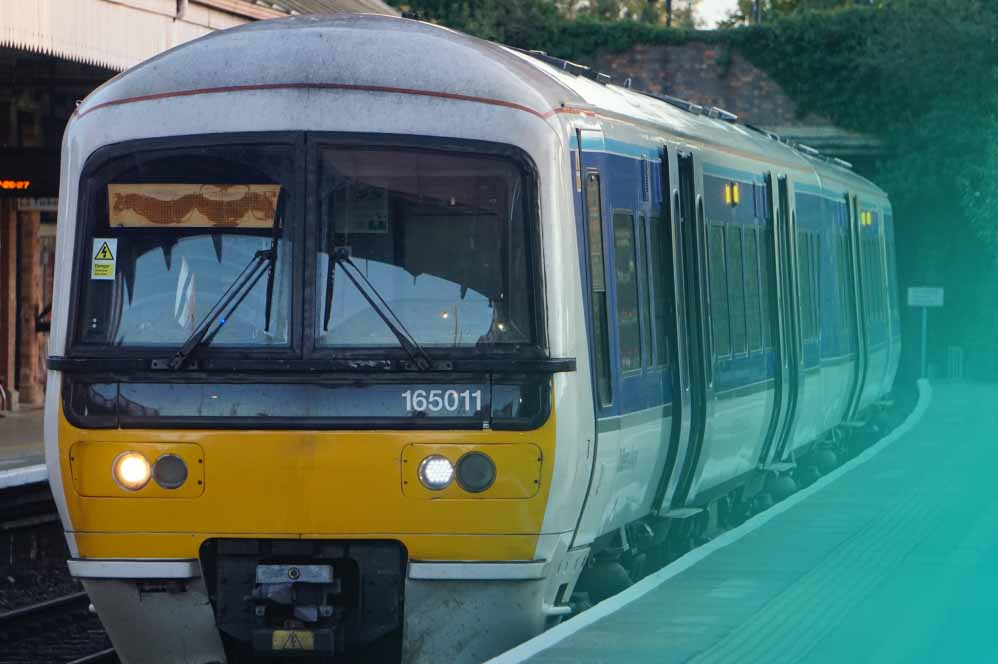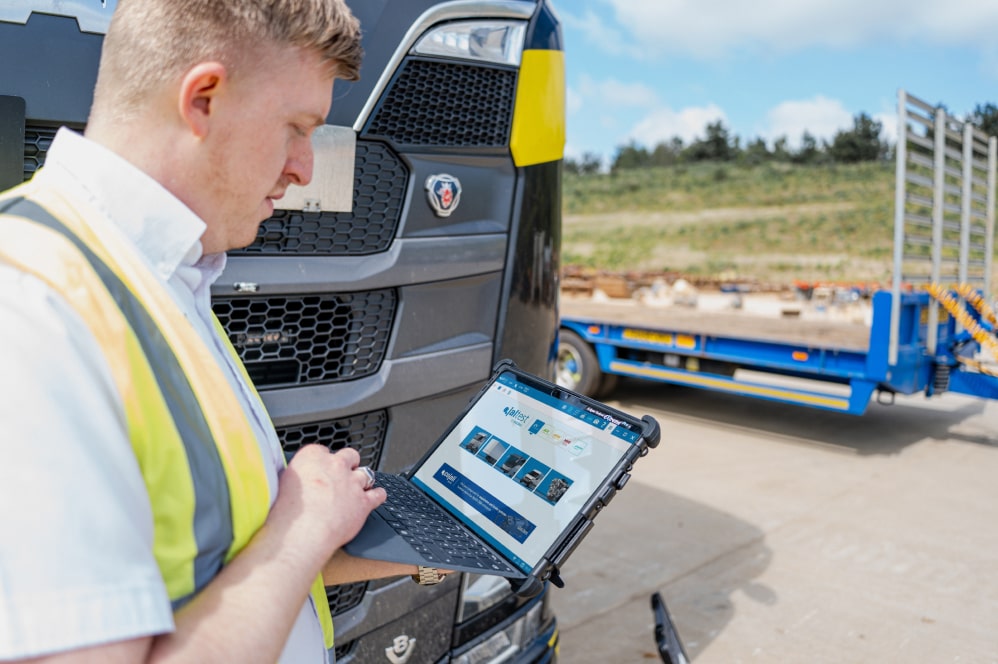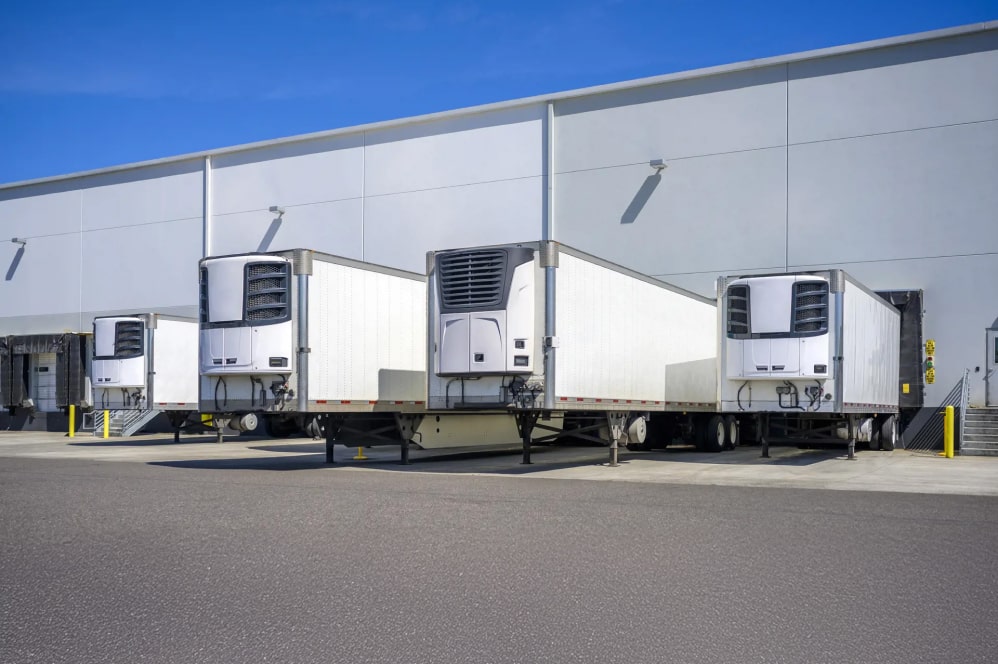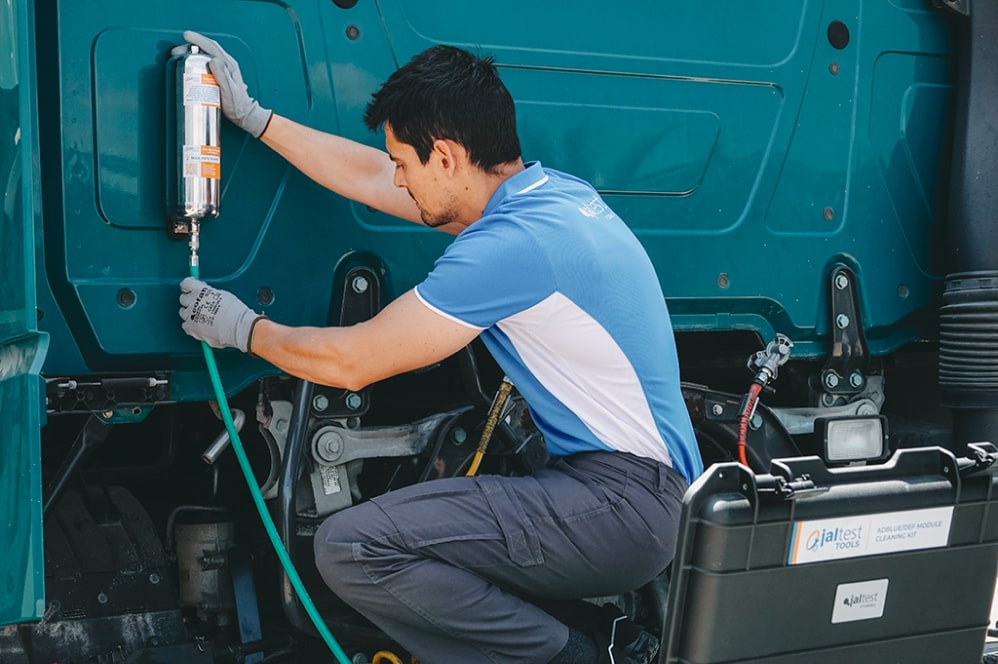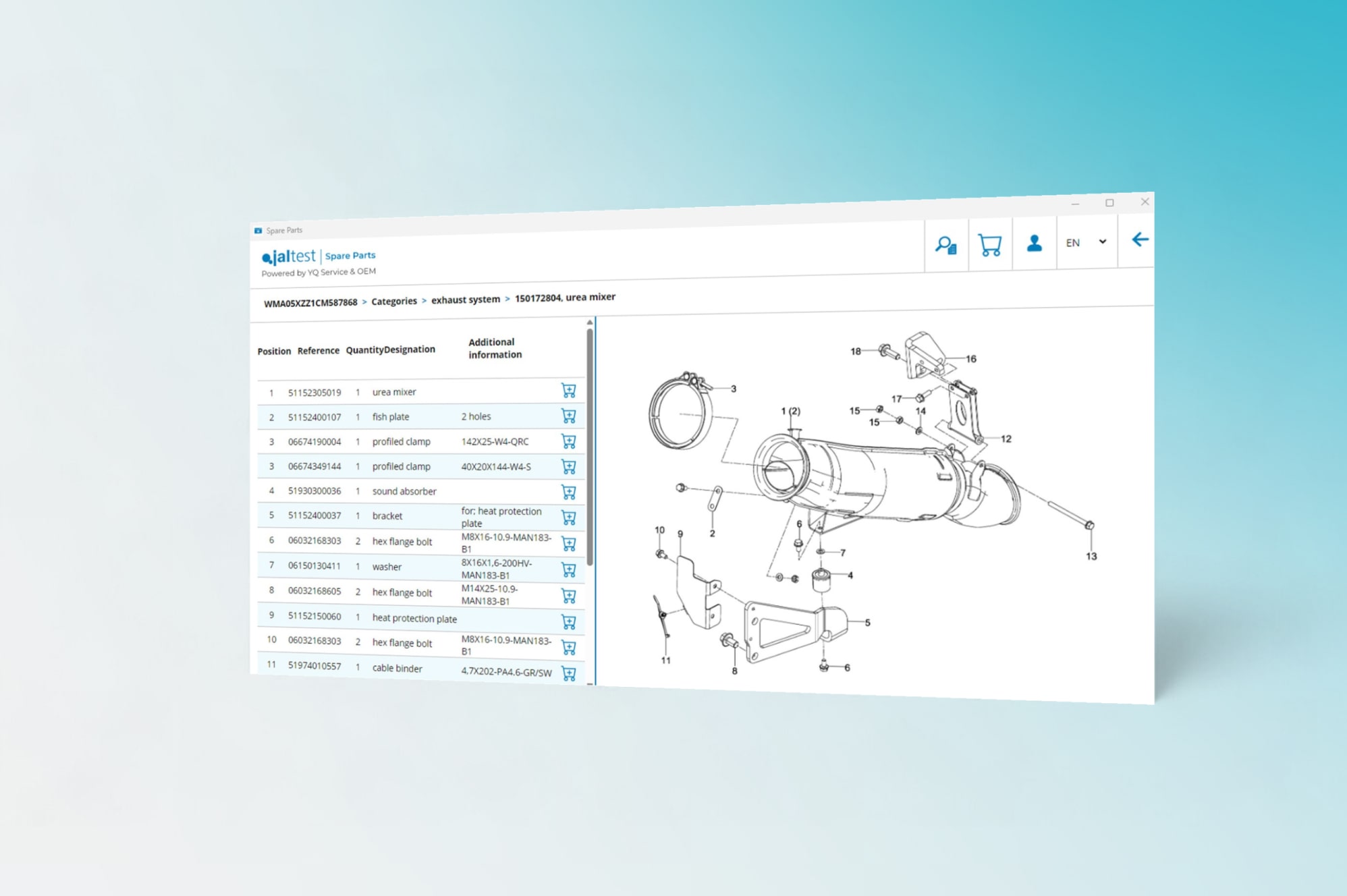Ever since their invention back in 1804, trains have long been icons of strength and endurance, representing one of the most efficient methods to move both people and freight over land. Despite first hitting the tracks in the early 19th century, trains continue to be a highly invaluable asset in global infrastructure. However, like any mechanical system, trains suffer from wear and tear, operational problems, and poor performance. This is where sophisticated diagnostic systems come in. But do trains really need such diagnostics?
This article takes a closer look at why diagnostics play an essential role in ensuring efficient performance and safety of trains and all other types of vehicles.
The Necessity of Diagnostics in Rail Transport:
Safety Assurance: The most critical reason diagnostics are required for trains is for safety. Regular diagnostic checks are critical for spotting problems that might cause accidents or breakdowns. Trains convey thousands of passengers every day or large amounts of products, which often include dangerous items. Any malfunction can endanger people, property, and the environment. Potential hazards can be discovered and corrected using sophisticated diagnostic processes, assuring the safe continuation of service.
Maintenance and Repair Efficiency: Train diagnostics go beyond simply identifying current faults. They are essential to predictive maintenance plans, in which data collected from various train components and sensors, such as the engine, braking systems and gearbox, aids in the prediction of future faults. This method assures that parts are changed or repaired when needed, rather than on a fixed schedule. This efficiency reduces downtime, conserves resources, and prevents service disruptions caused by unanticipated equipment failures.
Operational Reliability and Performance: Trains must adhere to rigorous timetables, and any deviation can have serious consequences for logistics, commuting, and resource allocation. Diagnostics assist in guaranteeing that trains can satisfy these stringent schedules by ensuring the operational dependability of each train.
Cost Reduction: Using diagnostics in railway maintenance can result in significant cost reductions over time. By detecting problems early on, train operators may make targeted repairs before a small problem escalates into a significant system breakdown. This pre-emptive strategy also saves operators money on emergency repair and part replacements, not to mention the financial effect of service disruptions.
Regulatory Compliance: With transportation sectors across the world subject to a wide range of laws, diagnostic procedures assist train firms in meeting safety, environmental, and operational criteria. Systematic diagnostics verify that emissions, noise levels, and other regulated factors comply with the law. Compliance is more than simply a legal requirement; it also benefits a company’s reputation in the industry and with the general public.
Enhanced Data Analysis for Strategic Planning: Modern railway diagnostics generate a large amount of information on the operation, efficiency, and status of train components. This information is crucial for strategic planning, as it enables operators to make educated decisions on train enhancements, resource allocation, route planning, and other critical areas of railway management. Diagnostics software, like Jaltest, allows you to look at maintenance reports of their entire fleet so that operators can make informed decisions about future purchasing, based on which train engines require the least amount of repair.
The Evolution of Train Diagnostics:
It is critical to note that train diagnostics have progressed from simple mechanical checks to complex processes including cutting-edge technologies. Sensors and systems aboard modern trains regularly feed information to central monitoring stations. These systems examine data, identify probable downtimes, and adjust performance parameters using artificial intelligence and machine learning algorithms.
Diagnostics have become even more important in the context of electric and high-speed trains. These trains are subjected to extreme mechanical stress and enormous power, and even tiny deviations can cause major problems. The incorporation of powerful diagnostic tools, sometimes in real-time, is critical to the operational integrity of these modern wonders.
So, do Trains Need Diagnostics?
Yes, without a doubt. Diagnostic systems are not optional in an industry where safety, dependability, and efficiency are critical. They are a necessary investment that will yield benefits in the form of increased safety, lower operational costs, increased service dependability, and compliance with regulatory standards. As rail technology advances, the importance of advanced diagnostic systems will definitely grow, pushing the boundaries of what is feasible in train travel and transportation.
At Eclipse, we offer the Jaltest train diagnostics package, Jaltest OHW. Jaltest is the UK’s no.1 multi-brand diagnostics software, allowing technicians to perform manufacturer-level diagnostics on all major diesel train engines, braking systems, and gearboxes. When it comes to train maintenance, reducing downtime is the name of the game, so when they go down, getting the engines back up and running is the major concern – Jaltest’s train diagnostics allows you to accomplish just that, saving rail operators on costly delays.
The Jaltest software provides sophisticated diagnostic capabilities at your fingertips, with wide coverage for prominent manufacturers like as CAT, Perkins, IVECO-FPT, John Deere, Steyr, Mercedes-Benz, Scania, and many more. Guided problem diagnosis simplifies troubleshooting, while integrated technical information connected to wiring diagrams, component locations, and service data gives the insights required for effective repairs.
Contact our friendly team to learn more about our market-leading diagnostic tools.
Please call us on 0808 503 9672 or, alternatively, complete our online contact form.
